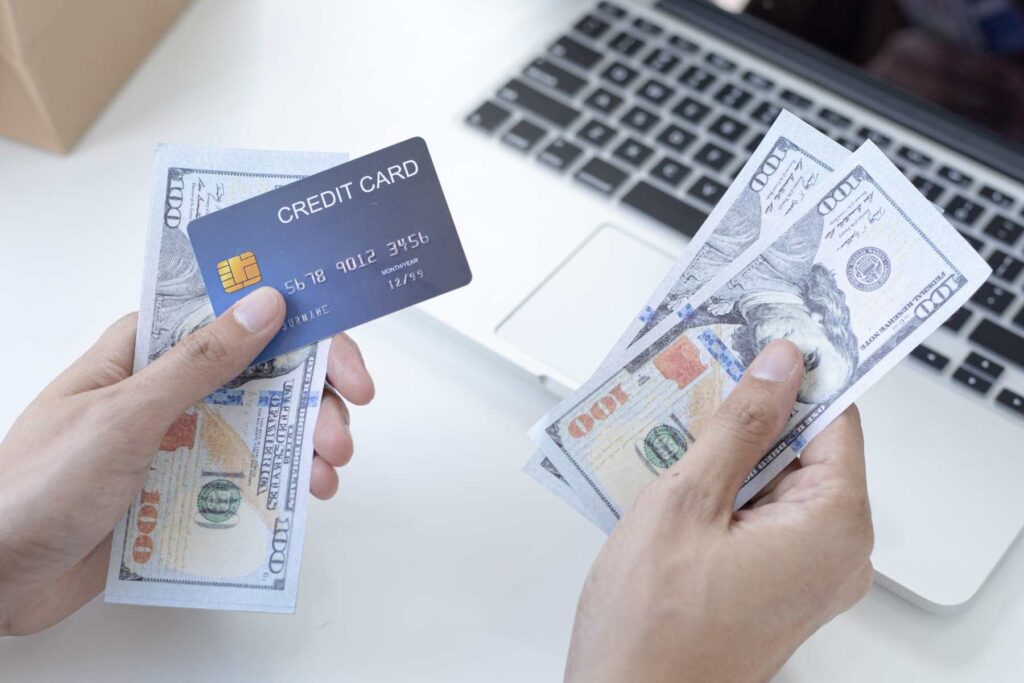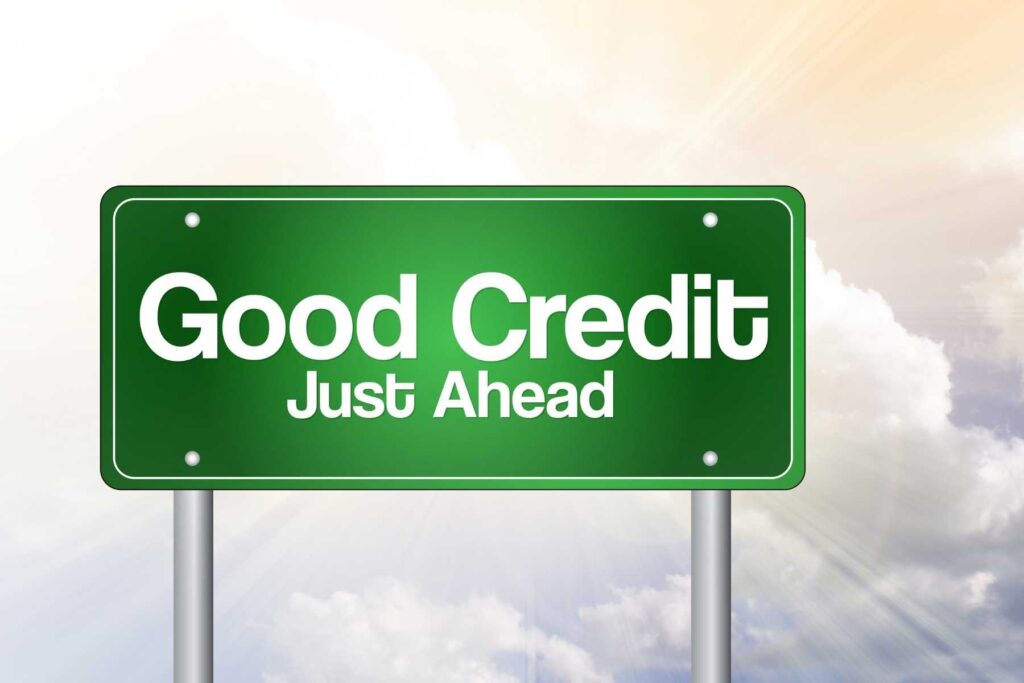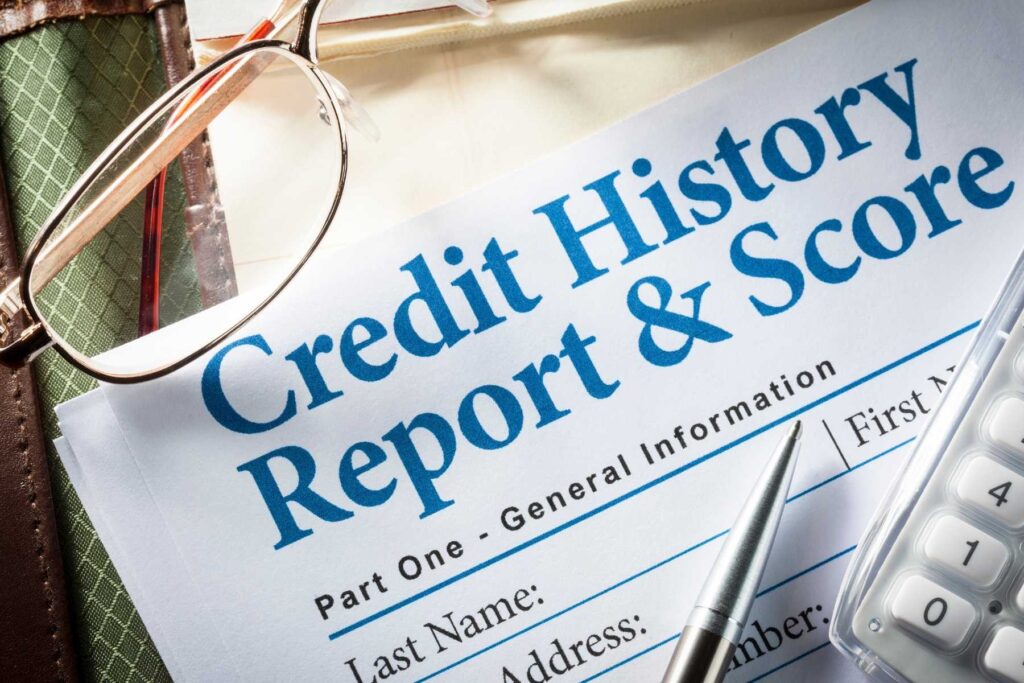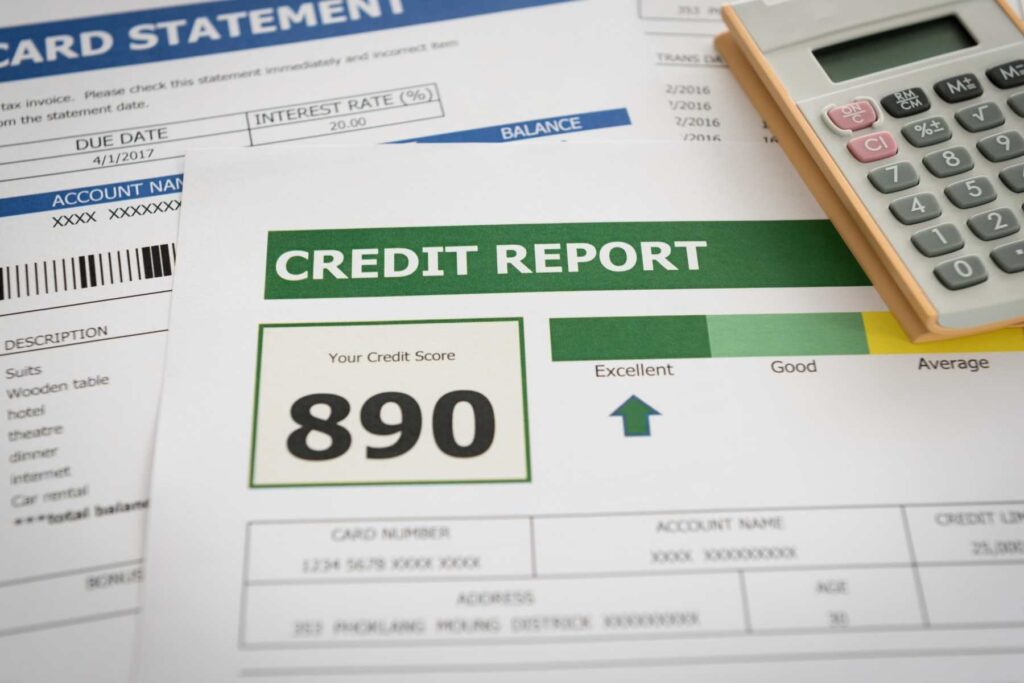If you’re someone who wants to build your credit without a credit card, you’ve come to the right place. In this post, we’ll outline a few different ways that you can do just that. We’ll also provide some tips on how to make the most of your credit building efforts. So, whether you’re just starting out or you’re looking for more ways to improve your credit score, read on!

Why Is a Good Credit Score Important?
A good credit score is important for many reasons. Your credit score is a number that represents your creditworthiness – how likely you are to repay a loan. A high credit score means you’re a low-risk borrower, which could lead to lenders offering you lower interest rates on loans. It can help you get approved for loans, obtain lower interest rates, and even rent an apartment. Landlords often check credit scores as part of the application process. A high score indicates that you’re a reliable and responsible borrower, while a low score can make it difficult to get approved for loans or rent an apartment.
Get a secured credit card to start building your credit history
If you’re looking to build your credit history, one of the best things you can do is get a secured credit card. A secured credit card requires a deposit, which then becomes your credit limit. This is a great way to start building your credit because it shows that you’re responsible with credit. And as you make on-time payments and keep your balances low, you’ll start to build positive credit history.
Additionally, most secured cards will eventually allow you to transition to an unsecured card, which means you’ll get your deposit back while continuing to build your credit. So if you’re ready to start building your credit history, consider learning about how to choose the right credit card to build good credit.

Get a credit builder loan to build credit
If you’ve ever applied for a loan or a credit card, you know that one of the first things lenders look at is your credit history. This is a record of how you’ve handled borrowing in the past, and it’s a key factor in determining whether or not you’ll be approved for new credit. If you don’t have a strong credit history, or if you have no credit history at all, you may be able to get a “credit builder” loan. This type of loan is designed to help you build up your credit history so that you’ll be more likely to be approved for future loans.
To get a credit builder loan, you’ll typically need to make a small deposit into a savings account, which the lender will then use as collateral for the loan. Once you’ve received the loan, it’s important to make your payments on time and in full each month; doing so will help you build up a strong credit history that will serve you well in the future.
Apply for a personal loan to establish credit history
A personal loan can help you establish credit history by giving you the opportunity to make payments over time. This can be beneficial if you don’t have a lot of credit history or if you have some negative items on your credit report. When you make your payments on time, it can help to improve your credit score. Personal loans can also be used to consolidate debt or finance a large purchase. If you’re considering applying for a personal loan, be sure to shop around and compare offers from different lenders. You’ll want to find the loan with the lowest interest rate and best terms that you qualify for. Once you’ve found the right loan, be sure to make your payments on time to establish a good payment history.

Get a car loan instead of paying cash for your car
When you’re ready to buy your first car, you may be tempted to pay cash for it outright. However, taking out a loan and making regular payments can actually help you establish a good credit history. Having a strong credit history is important for many reasons. It can help you get lower interest rates on future loans, including mortgages and auto loans. It can also help you qualify for rent-to-own agreements and cell phone contracts. And, in some cases, it can even help you get a job. So if you’re looking to build your credit, getting a car loan is one of the best ways to do it. Just be sure to make your payments on time and in full each month.
Pay your bills on time every month to establish a good payment history
One of the most important things you can do to establish a good payment history is to pay your bills on time every month. Late payments can stay on your credit report for up to seven years and can have a major impact on your credit scores. Payment history is one of the most important factors that lenders look at when considering a loan, so it’s important to make sure your payments are up to date.
There are a few easy ways to stay on top of your bills. You can set up automatic payments through your bank or financial institution, or you can sign up for reminders through your billers’ websites. You can also keep a calendar or checklist of when each bill is due. By taking these simple steps, you can make sure your payment history is strong and improve your chances of getting approved for credit in the future.

Apply for a loan or line of credit when you need one, and make sure to pay it back on time
Applying for a loan or line of credit when you need one can help establish your credit history. When you repay the loan or line of credit on time, it shows that you’re a responsible borrower and increases your chances of being approved for future loans. It’s important to remember, though, that borrowing money comes with responsibility. Make sure you can afford the monthly payments before taking out a loan or opening a line of credit. Failure to repay a loan or line of credit on time can damage your credit score and make it more difficult to borrow money in the future. By being a responsible borrower, you can establish a good credit history that will benefit you for years to come.
Use a debit card instead of cash whenever possible so you’re still building credit
A debit card is linked directly with your bank account, so it’s a great way to make sure you’re not spending more money than you actually have. Debit cards can also help you build credit, as long as you use them wisely. Whenever you use a debit card, the credit bureau Experian will note the account activity on your credit report. If you always make sure to spend only what’s in your bank account and you never carry a balance on your debit card, this positive activity could help improve your credit score over time. So, if you’re looking for a way to stick to a budget and boost your credit score, using a debit card instead of cash might be the right choice for you.
If needed, get help from a credit counseling service to improve your credit score
A credit counseling service can help you improve your credit score in a number of ways. First, they can work with you to create a realistic budget. This will help you to better understand your spending patterns and find areas where you can cut back. Second, they can negotiate with your creditors to lower your interest rates or create a payment plan that meets your needs. Finally, they can provide you with educational resources that will help you to make wiser financial decisions in the future. If you are struggling to improve your credit score on your own, a credit counseling service can be an invaluable resource.

Pay your bills on time every month to show that you’re reliable and responsible
One of the best ways to improve your credit score is to pay your bills on time every month. This shows creditors that you’re capable of managing your finances and making timely payments. Paying your bills on time is one of the most important factors in calculating your credit score, so it’s important to make it a priority.
If you’re struggling to keep up with your monthly payments, there are a few options available to help you get back on track. You can contact your creditors to arrange a payment plan, or you can consolidate your debt into a single loan with a lower interest rate. Whatever option you choose, make sure you stay current on your monthly payments to improve your credit score.
Ask for your rent to be reported to credit bureaus
One way to improve your credit score is to ask your landlord to report your rent payments to the credit bureaus. This way, your on-time rent payments will be factored into your credit score. Keep in mind that not all landlords will agree to do this, so it’s important to ask first. If your landlord doesn’t report rent payments, there are other things you can do to improve your credit score, such as paying bills on time and maintaining a good credit history. By taking steps to improve your credit score, you can make yourself a more attractive borrower and potentially save money on loans in the future.
Monitor your credit score and credit report regularly to make sure there are no errors
Your credit score is a three-digit number that creditors use to decide whether to lend you money, and at what interest rate. Your credit report is a record of your borrowing and repayment history. It’s important to monitor both your credit score and your credit report regularly, to make sure there are no errors. If you find an error on your credit report, you can dispute it with the credit bureau. If you have a low credit score, there are steps you can take to improve it.
You can get a free copy of your credit report from each of the three major credit bureaus every year at AnnualCreditReport.com.
Try not to use more than 30% of your available credit at any given time
Credit utilization is the amount of credit you’re using compared to the amount of credit you have available. For example, if you have a $1,000 credit limit and you currently owe $300, your credit utilization rate would be 30%. The lower your credit utilization rate, the better. A general rule of thumb is to keep your credit utilization below 30%, but the lower, the better. Many experts recommend keeping it under 10%.
Why is credit utilization so important? Because it’s one of the most important factors in your credit score. A high credit utilization can indicate to lenders that you’re overextended and may have difficulty making payments on time. It can also make it more difficult to obtain new lines of credit in the future. So, if you want to keep your credit score high and improve your chances of getting approved for new lines of credit, it’s important to keep your credit utilization low.
There are a few easy ways to do this:
1) Make sure you’re only using one or two cards;
2) pay off your balance in full each month;
3) use automated payments to ensure you never miss a payment; and
4) keep tabs on your balance so you know how much room you have to spend.
By following these simple tips, you can keep your credit utilization low and improve your chances of getting approved for new lines of credit in the future.
Keep old accounts open, even if you don’t use them often, as long as they have a good payment history
One of the best ways to improve your credit score is to keep old accounts open, even if you don’t use them often. As long as the account has a good payment history, keeping it open will help improve your score. This is because part of your score is based on the length of your credit history, so the longer you have an account open, the better.
Additionally, closing an account can actually hurt your score, so it’s best to keep old accounts open as long as possible. If you’re not using an account and it’s costing you money in fees, you may want to close it, but otherwise, it’s best to keep old accounts open and active.
If you’re looking for ways to build your credit score without a credit card, there are plenty of options available to you. You can start by building a positive payment history with one or more of the providers we’ve mentioned. And if you want to keep your spending under control, consider using a prepaid debit card instead of a traditional credit card. By following these tips and taking advantage of the resources available to you, you can improve your credit score and take steps towards securing a brighter financial future.

Erika Finn, founder of Stacking Acorns, is an attorney who graduated from law school at University of California, Berkeley. She was a member and editor of the California Law Review and won the Prosser Prize for Legal Accounting. She holds a Master’s Degree from the University of Southern California (USC) and a Bachelor’s degree from Indiana University- Bloomington. Stacking Acorns is a personal finance website for women by women. We help mid-life women achieve financial freedom through real estate investing and other streams of passive income.